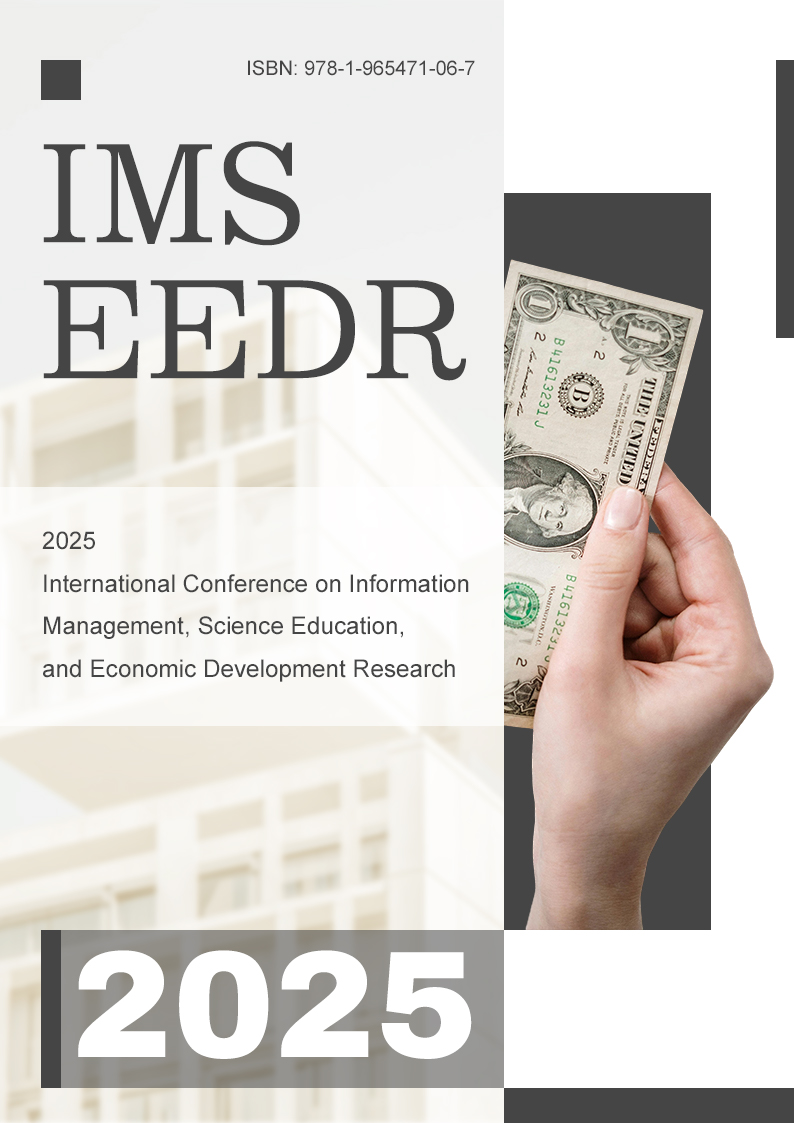Redemption of Marginalized Heritage: A Comparative Study of Spatial Politics, Narrative Power, and Governance in Urban Regeneration

Authors:
Jing Wang
Keywords:
Marginalized heritage; Urban regeneration; Spatial justice;Community empowerment; Environmental justice
Doi:
10.70114/aimedr.2025.2.1.P148
Abstract
In the context of rapid urbanization and socio-spatial inequalities, cultural heritage tied to marginalized communities and everyday histories often faces neglect, erasure, or commodification. This study reconceptualizes "redemption" of marginalized heritage as an active process of spatial, symbolic, and ecological reintegration rather than mere preservation. Employing a comparative qualitative analysis of Beijing’s Shougang Industrial Park and Mumbai’s Dharavi Koliwada, it investigates how these sites are reframed within contemporary urban planning and regeneration efforts. Findings reveal that marginalized heritage can foster community empowerment, promote diverse narratives, and contribute to environmental justice, ultimately supporting more equitable and sustainable urban futures. This research highlights the importance of inclusive heritage engagement in contesting dominant urban imaginaries and advancing spatial justice.


